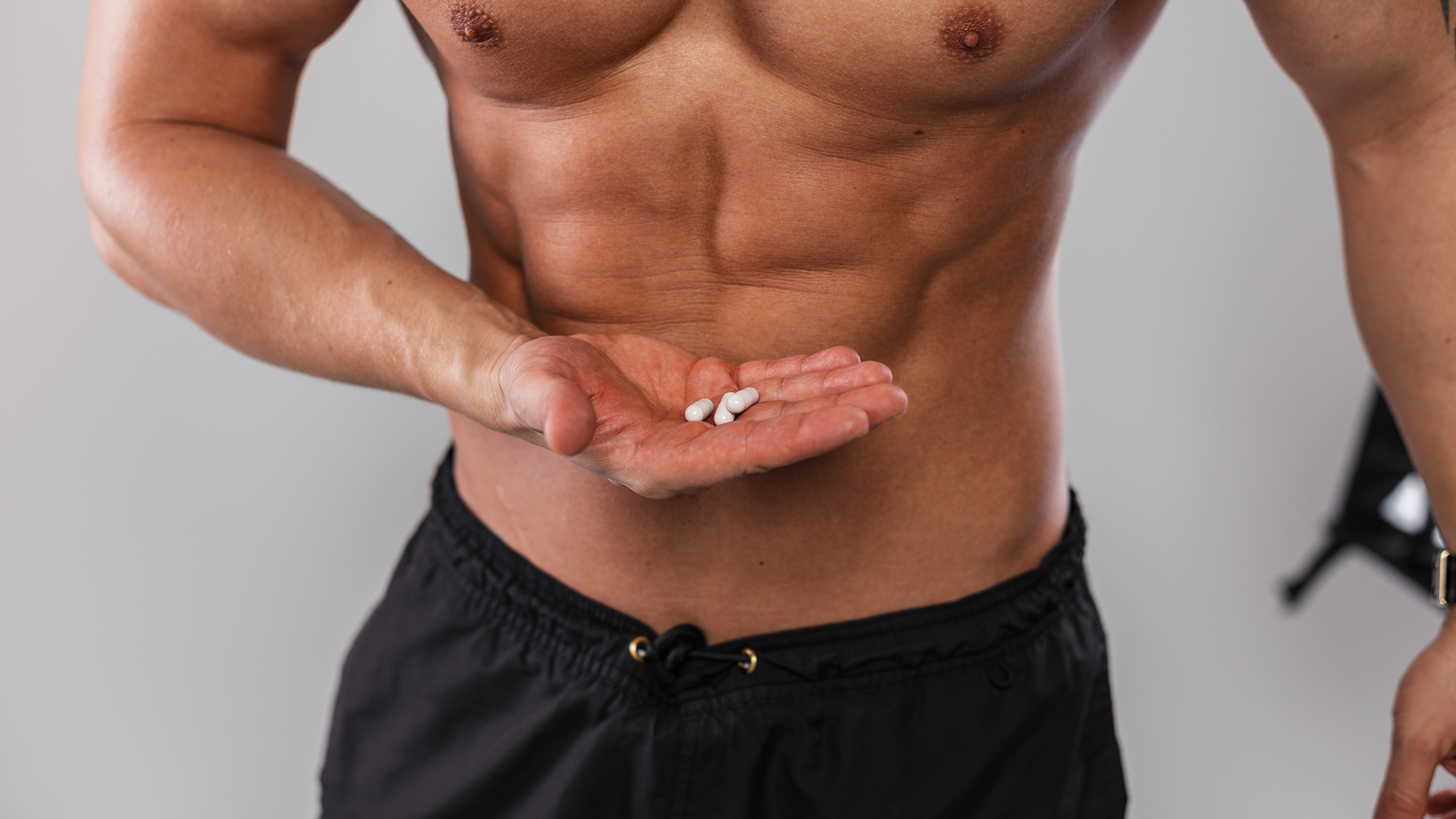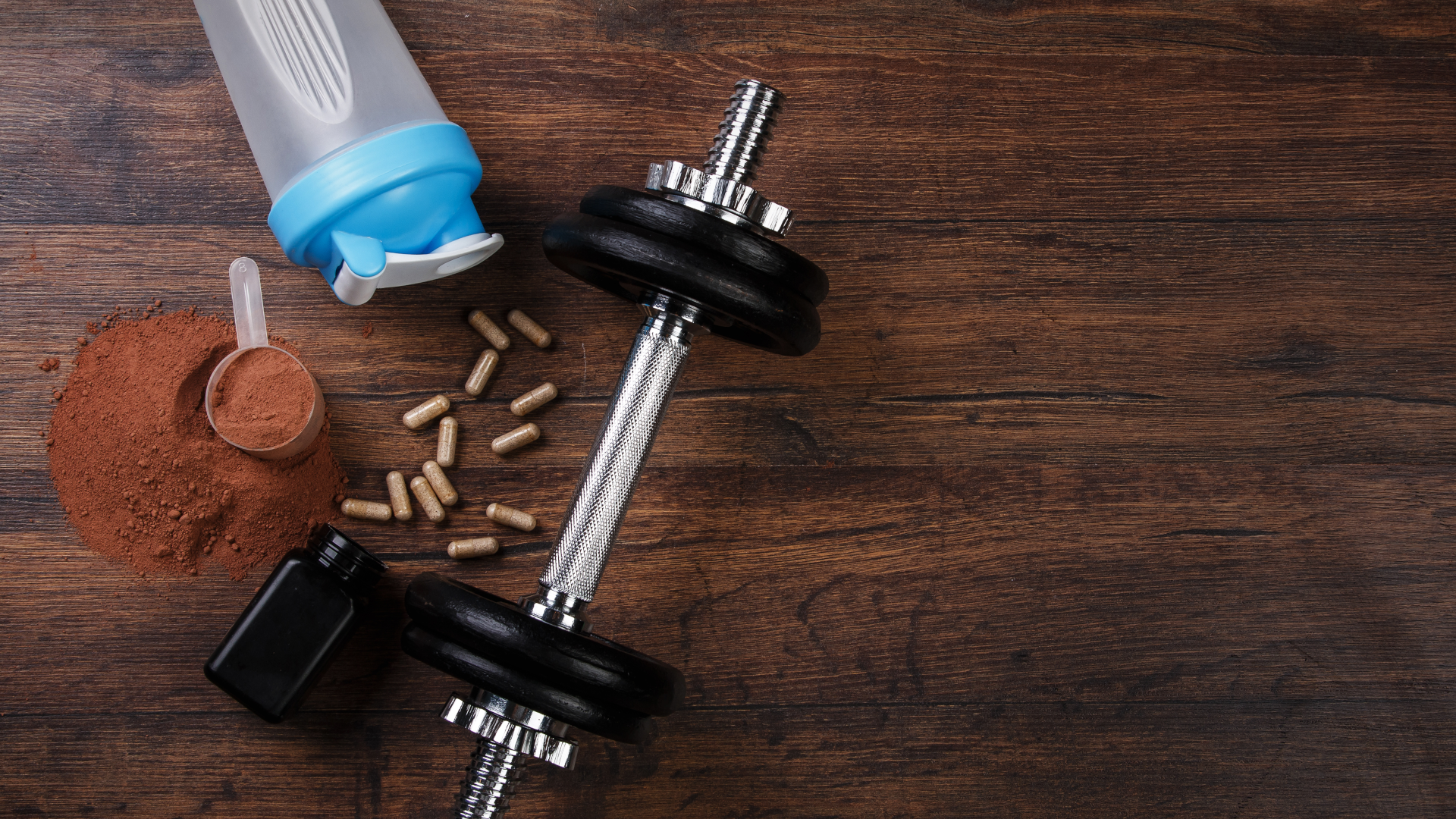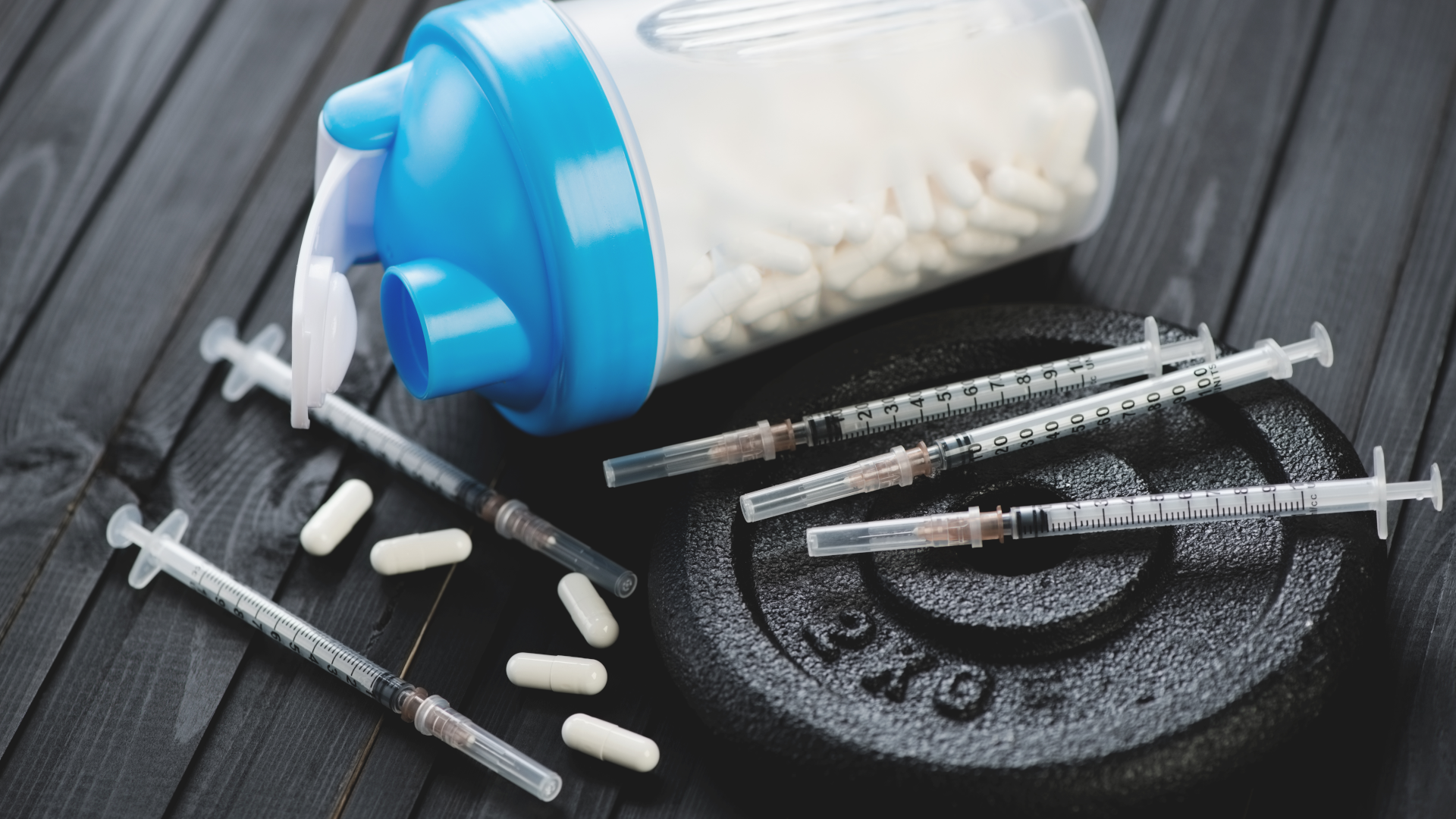Hack Beast Mode |
We all want to get to the next level as quickly as possible, but we must be aware of the dangers of moving too fast. It would be great to achieve that six-pack or bulk in record time, but if we don’t allow time for our muscles to recover, we’re heading full-speed towards injury, exhaustion and little or no chance of getting to where we want to be.
Working out means ripping our muscles to create stronger ones, but if we don’t allow enough time for them to repair, all we’re left with is a body full of ripped and sore muscles and no energy left to progress.
Why do your muscles get sore after exercise?
When you exercise a particular muscle group regularly and with the same impact, you are unlikely to experience much soreness. But when you exercise a new muscle group or work with heavier weights, your muscles need to adapt to the further pressure, and this is what causes them to feel sore.
Aching muscles are part of the progression and a sign that you’re getting stronger. Your body has adapted to the new challenges you’ve set and is now in next-level reset mode. It’s important that we can acknowledge the difference between muscle soreness and an actual injury.
If you’re in extreme pain, it’s more likely that you have pushed yourself too hard and have sustained an injury. Either way, you should wait until the pain subsides before returning to exercise.
Fortunately, there are ways to help the muscle-repair process along more rapidly, and the key one to concentrate on is nutrition.
What foods help reduce muscle soreness?
There are two critical areas to muscle recovery- rest and nutrition. Resting is easy, but there’s no room for maneuvering on that part to speed up the process; you either recover or you don’t.
However, we can speed up the recovery process more quickly if we concentrate on consuming foods that help with muscle soreness.
Eggs
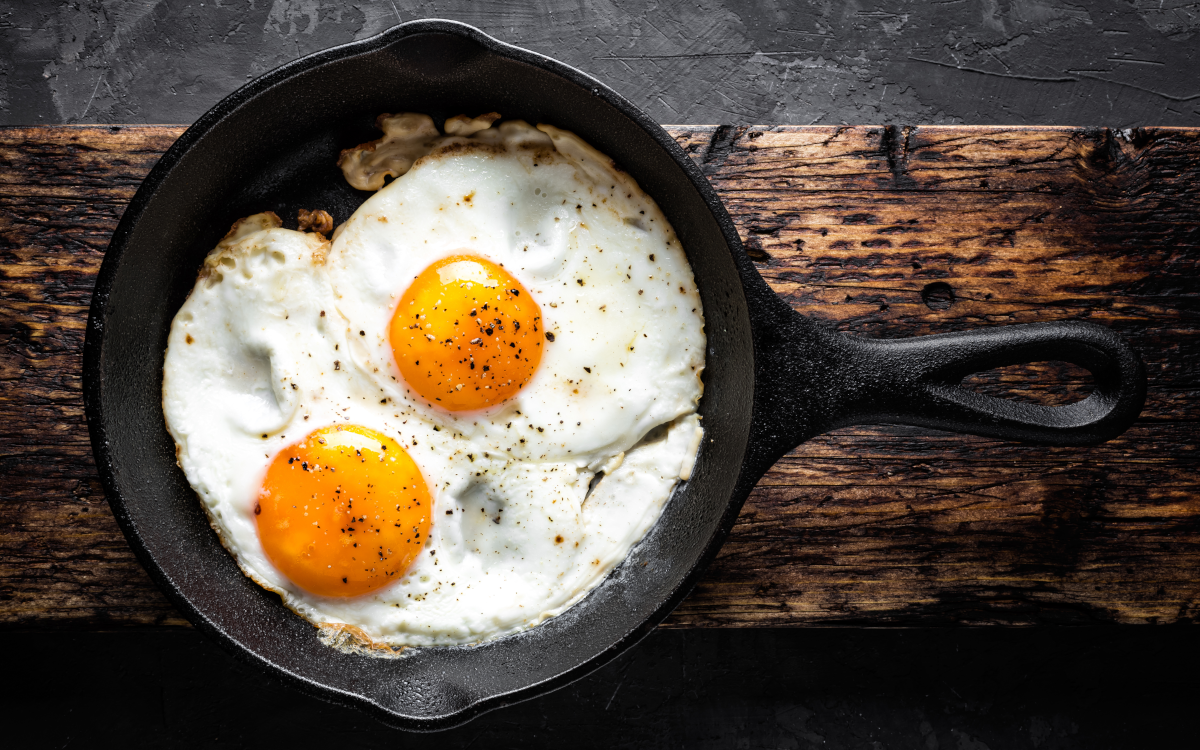
Anything packed with protein is going to be high on our priority list of muscle recovery foods. Protein is made up of amino acids, which are the building blocks for our muscles and essential for muscle growth and repair.
Eggs are high on the menu of professional athletes and bodybuilders as they are well known for their high quality, bioavailable protein content. Eating eggs before or after a workout will go a long way to reducing muscle soreness.
Fatty fish
Salmon, tuna and sardines are excellent protein sources, and they’re also packed with omega-3 fatty acids, which are great for fighting inflammation and boosting muscle repair and growth.
These are essential amino acids that your body needs to recover after a challenging workout to promote muscle recovery. Eicosapentaenoic acid (EPA) and docosahexaenoic acid (DHA), contained in Omega-3, are involved in several anti-inflammatory processes, help prevent damage from oxidative stress, and help keep your body healthy.
Starchy vegetables
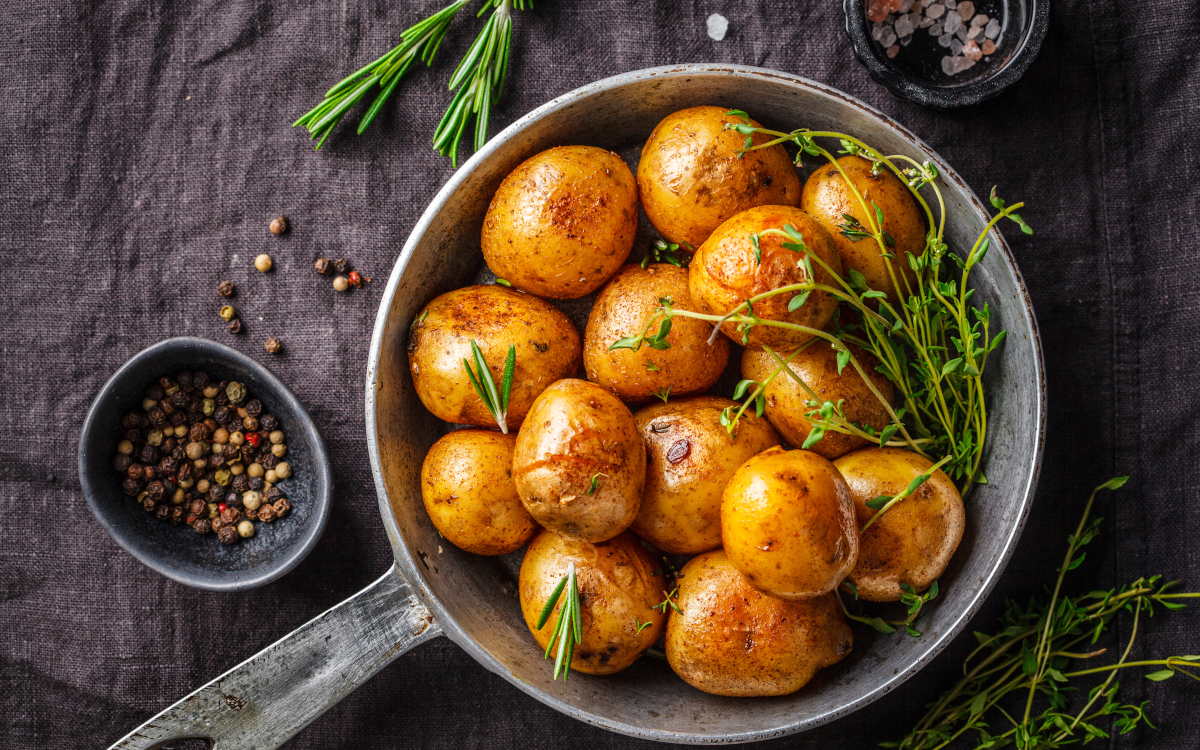
Starchy, carbon-rich vegetables are just what your body needs after a big workout as they replenish your glycogen store. Keeping the glycogen levels up is essential to push harder and reduce the rest time you need before moving on to the next level. Sweet potatoes, beetroot, parsnips, peas, sweetcorn, and butternut squash are perfect for replenishing the system and any exercise-induced muscle damage.
Manuka Honey
It’s one of the most expensive forms of honey on the market but with good reason. Its health-boosting benefits are turning on more and more people, and this includes its ability to ease muscle soreness. It’s honey from the Manuka bush in New Zealand and tastes milder than regular honey.
Its primary benefit appears to be its ability to fight inflammation, as it reduces inflammation in the body post-exercise. It’s also packed with plenty of energy-boosting carbs—the perfect addition to breakfast.
Whey protein
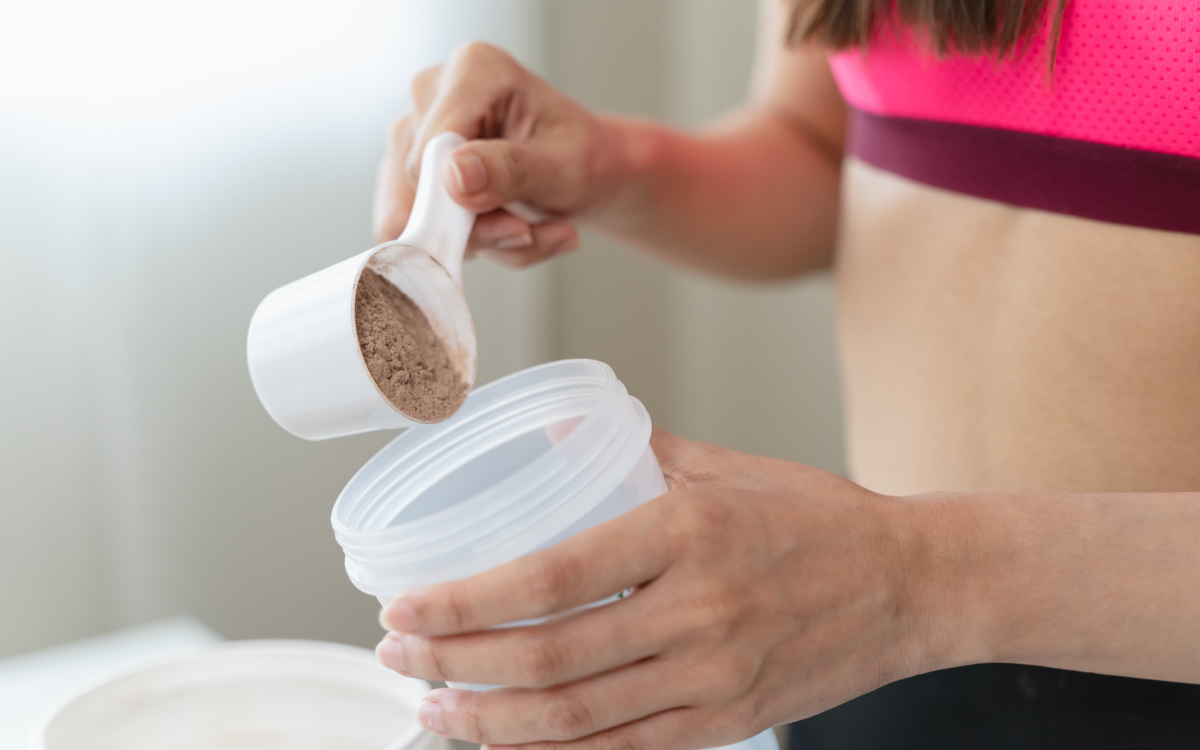
If one thing has been researched to exhaustion over the years, it’s whey protein, and the verdict is pretty much unanimous. Whey protein is not only great for helping to build muscle, but it’s also the perfect antidote to aching, torn muscles.
It could well be the bodybuilder’s (not so) secret weapon in the race to build muscle mass in record time and boost muscle recovery. Whey protein is the perfect addition to smoothies and shakes, and your workout cupboard should always be well-stocked.
Oatmeal
Breakfast consisting of a decent amount of oatmeal should be on your dietary priority list. It’s easy to prepare, and in addition to assisting with achy muscles, it also has plenty of other health benefits, such as improving your immune function, aiding digestion and helping with weight management. Post-workout, oatmeal is perfect for replenishing your energy and glycogen.
Dairy food
Evidence suggests that one of the most overlooked ways to replenish your body and reduce muscle soreness is by consuming dairy products such as milk, cottage cheese and yogurt. They contain essential nutrients required for muscle repair as well as energy-boosting carbohydrates. Milk, in particular, is excellent for rehydration as it contains sodium. It also has abundant phosphorus, potassium, iodine, and vitamins B2 and B12, which are ideal for muscle growth and maintenance.
Coffee
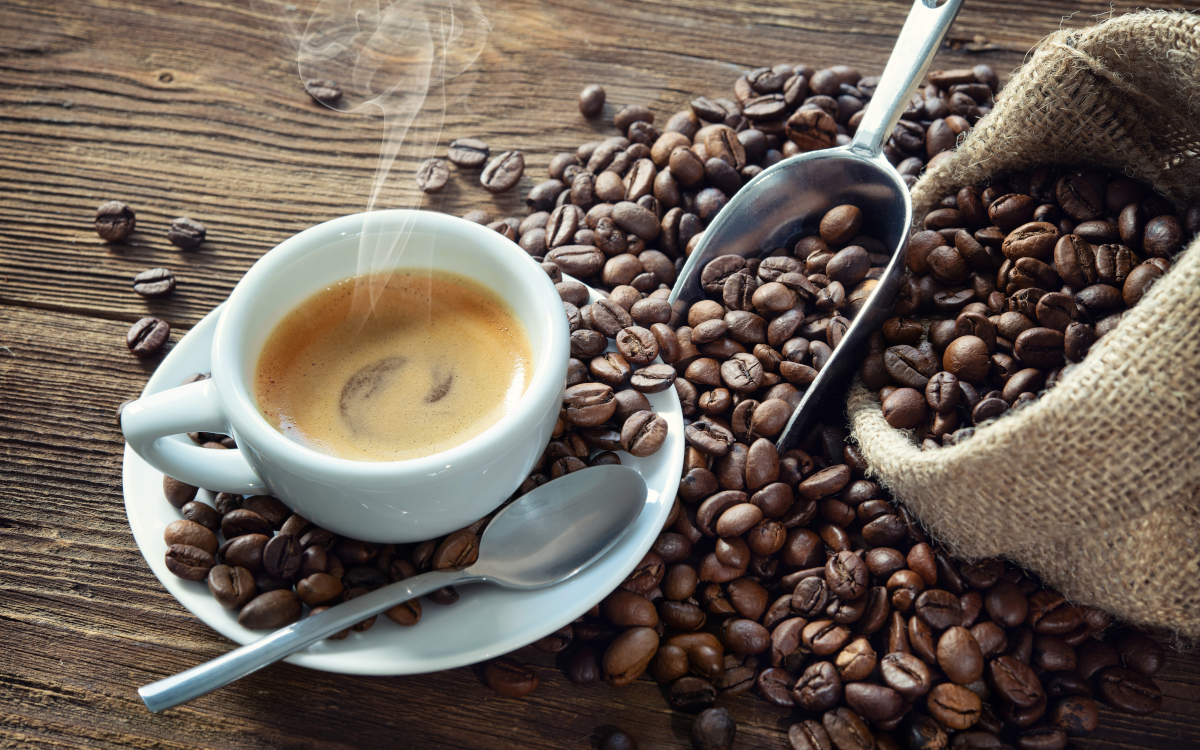
Coffee is the “unsung hero” of the workout. It gives you the pick-me-up boost of energy to get you going and’s also great for muscle recovery and reducing soreness. This is due to caffeine, which can block pain receptors.
Be careful, however, as it’s important to remember why your muscles are sore (because they are still recovering and need to heal before you can move on). Blocking out or reducing the pain won’t allow you to progress more quickly, as you’ll still need some time for your muscles to repair, but it will at least allow some relief from the soreness.
Ready to increase gains?
Dealing with muscle soreness through nutrition means concentrating on the food that will help repair your muscles more quickly and allow you to progress faster. Simply trying to alleviate the pain with pain-killing remedies may reduce the soreness, but it will give you a false sense of security regarding how soon you feel you can work out again. If the muscles aren’t sufficiently healed, you risk injury. To replenish the system and accelerate muscle repair and growth, packing in plenty of fruit, vegetables and dairy products will speed things up.
Crazybulk has a range of 100% legal steroid alternatives that are perfect hardcore bodybuilding supplements for bulking, cutting and strength and rapid recovery.
Over 299,434 purchases
Over 509,389 bottles sold
Over 30,563,340 pills taken

